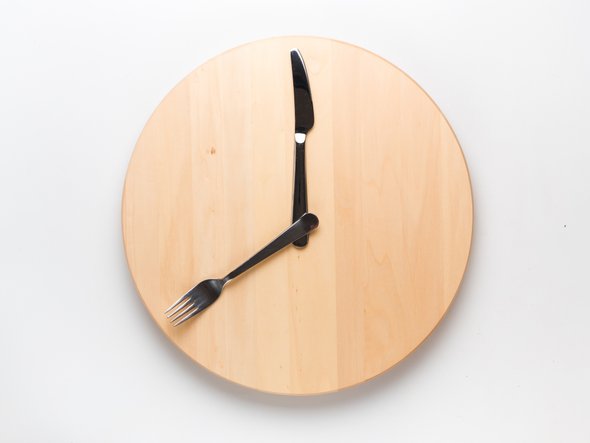
If you’ve watched our first video on Intermittent Fasting (IF), you probably think the rules sound pretty simple. And you’re right. They are. But, there are still some considerations for you if you want to make the most out of intermittent fasting. Before reading this article, I’d suggest reading our introductory post on intermittent fasting on this topic since it’ll provide you with more details on the framework.
The first thing you need to decide is how you’ll be fasting. Are you going to do 16 hours fasted and 8 hours feeding? 20 and 4? Some people also eat regularly 6 days during the week and do a full 24-hour fast once per week. Think about what works best for you. What you’re most likely to stick to. The most effective tactic will be the one that will keep you consistent. Consistency is a topic you’ll see in a lot of our posts as it will drive your success and results in fitness.
Make sure you know what your calorie and macronutrient intake should be based on your goals. Are you in a caloric deficit or surplus? In order to understand this it is essential to be tracking your macros. Don’t let Fasting impact your intake and consumption too dramatically. Fasting doesn’t change your energy and food requirements. Those are still and always going to be dictated by your goals and what you’re hoping to accomplish – whether that be losing weight or fat, gaining muscle, or increasing your strength. It’s easy to let fasting drastically change how you eat, but it shouldn’t.
If you want to see the best possible results from Intermittent Fasting, then make sure you’re meal prepping. It’s the best way to ensure you’ll succeed, with all of your meals laid out and prepared for you to eat, so you don’t have to worry or risk binging or cheating. I’d suggest picking a day to meal plan and preparing all your food for the week that way. Focus on shifting your relationship with food – don’t let yourself live for meals. Eat quality foods that’ll keep you satieted. Try to get a serving of vegetables at every meal where possible, but at least maintain one serving a day. Green veggies specifically are what I’m referring to. Potatoes and other veggies can be high in carbs, but greens like broccoli, peas, kale are so low in calories that they are the one type of food I don’t typically need to track. Meal prepping will prevent you from making impulse decisions for your meals. Many of our clients are busy professionals in downtown Toronto and we know how many options there are for lunch with all the various restaurants and food courts that are in the area. If you’re not meal prepping your lunches, you’re bound to end up acting on impulse given the number of alternatives that are available to you in Toronto. You want to make sure you’re set up for success and meal prepping is an excellent starting point.
The last thing to focus on and address is how Fasting will impact your training schedule. I prefer to train while fasted. It works better with my schedule and I don’t mind working out on an empty stomach. Some people hate training fasted and notice a significant decrease in the quality of their lifts and training. Others time their fasts around when they like to train – for example, if you work 9-5 and you hate going to the gym in the evening, you may wake up really early at like 5:30 AM and eat right away, hit the gym before work, and stop eating around 1:30 in the afternoon. It’s really up to you. Just like with everything else, do what works for you and what’s likely to keep you consistent.
As always, if you have any questions, you can comment on this post or email us directly at [email protected]. If you’re interested in booking a personal trainer you can email us directly or call us at 1-888-682-0724.